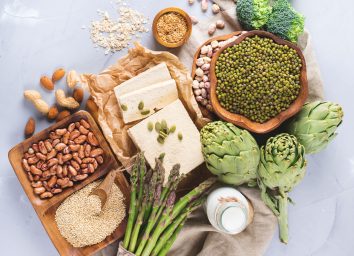The Foods To Eat and Avoid If You Have an Autoimmune Disease
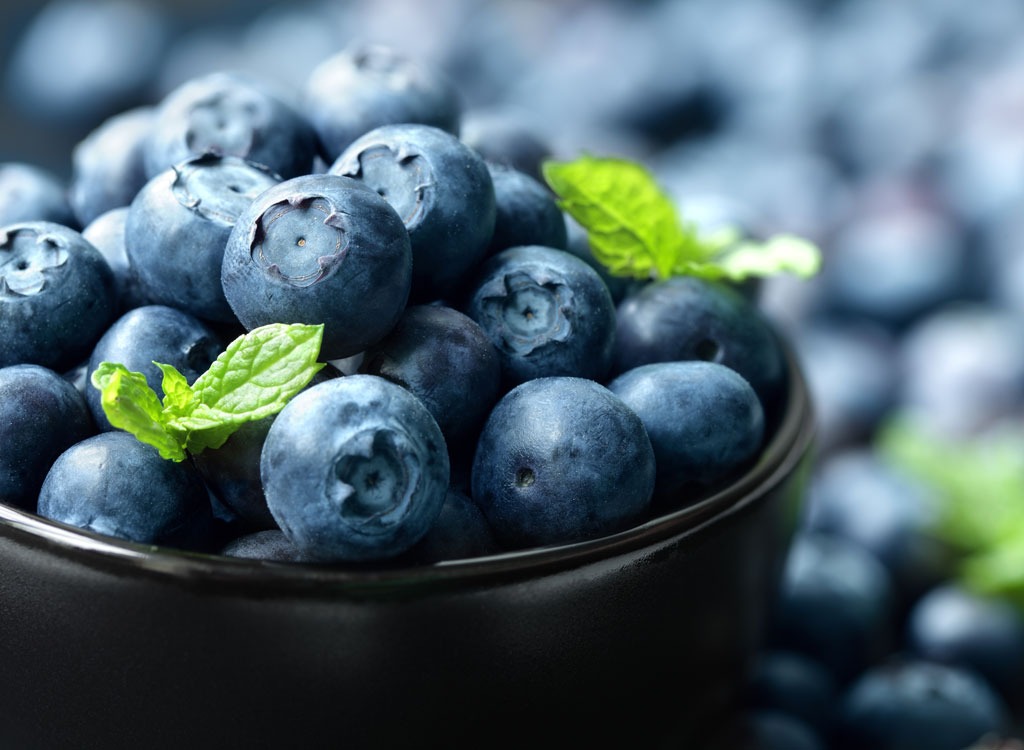
If you’re someone who battles an autoimmune disease, you know that many of them come with uncomfortable symptoms that often have a negative effect on your daily life. While there are many types of autoimmune diseases, they all have one thing in common: they all mistakenly attack healthy cells in the body. So regardless of which disease you’re suffering from, know that feeling better starts with what’s in your autoimmune disease diet.
Eat This, Not That! checked in with nationally recognized nutritionist and healthy cooking expert Patricia Bannan, MS, RDN, to educate us on what foods those with autoimmune diseases should eat or avoid to benefit both them and their health, as well as which structured diets you should or shouldn’t follow.
This list of the best and worst foods on an autoimmune disease diet can apply to patients who are suffering from any of the following conditions:
- rheumatoid arthritis (RA)
- lupus
- celiac disease
- multiple sclerosis (MS)
- alopecia areata
So which foods should you adopt into your diet and which should you avoid? Here are the best and worst foods to eat when you’re battling an autoimmune disease.
These are the best foods to eat when following an autoimmune diet.
Leafy Greens
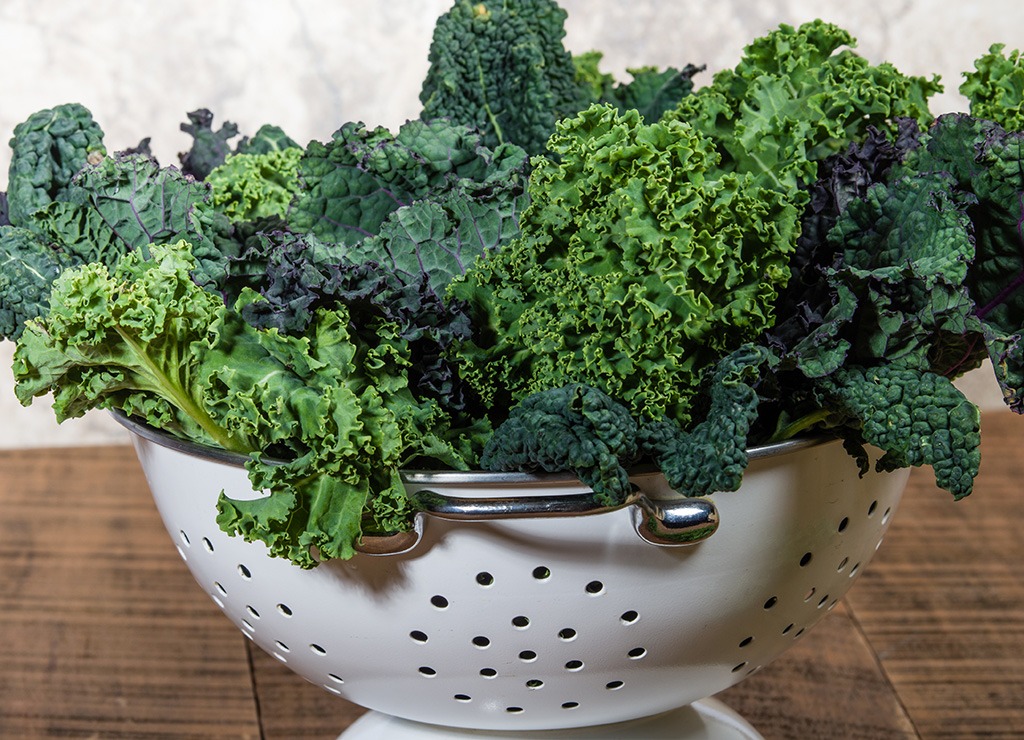
If you have an autoimmune disease, stocking your fridge with leafy greens like spinach, kale, lettuce, and swiss chard is ideal thanks to all the benefits the specific vegetables yield. “They are rich in antioxidants and immune-boosting nutrients like vitamin C, vitamin A, and magnesium, which can help support autoimmune disease management,” Bannan says.
Salmon
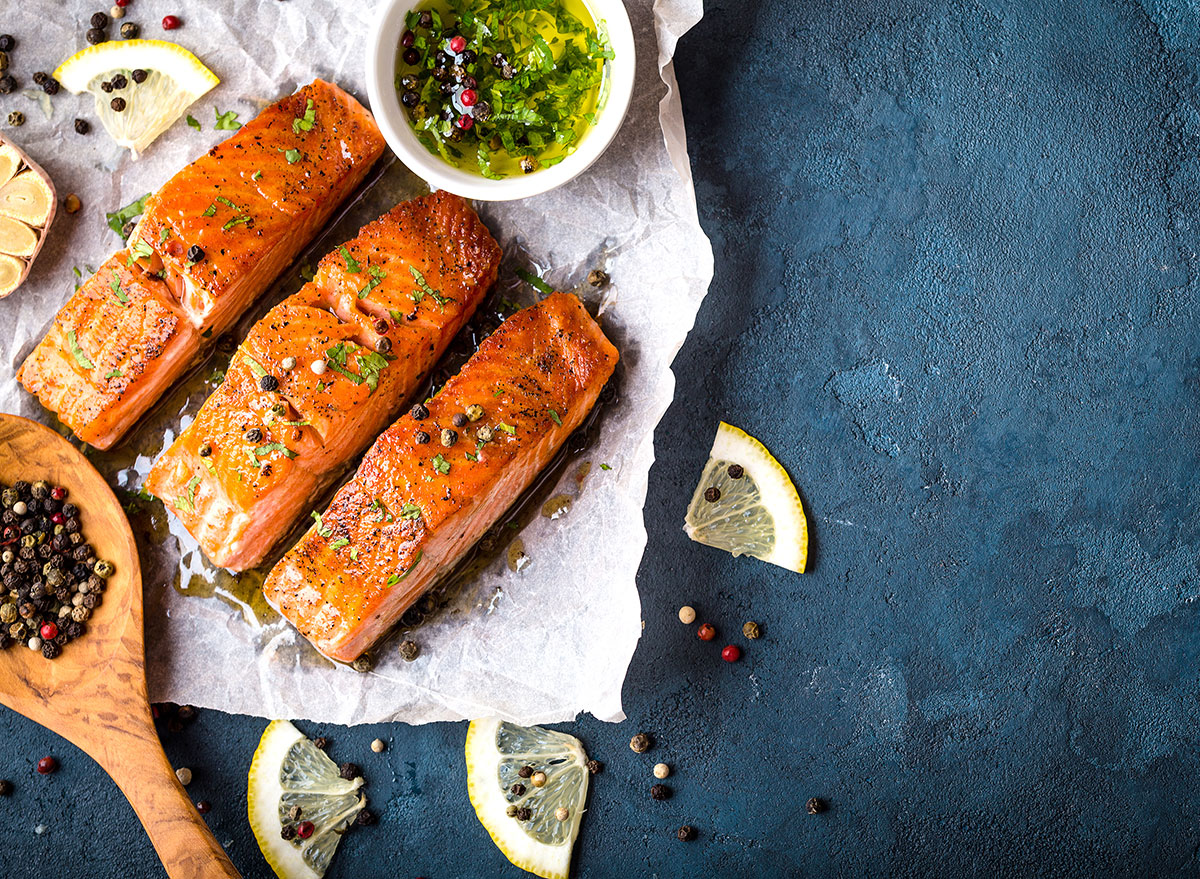
Similar to how salmon is a good choice for a pregnant woman’s diet, the same goes for those with an autoimmune disease. “Salmon is a rich source of omega-3 fatty acids, which can help to both reduce inflammation that can be present with certain autoimmune diseases, as well as support immunity in the body,” Bannan says. Salmon also contains vitamin D, a nutrient which has been linked to a reduced risk of Rheumatoid Arthritis (RA), Multiple Sclerosis (MS), Lupus, and other autoimmune diseases,” she says.
Avocados
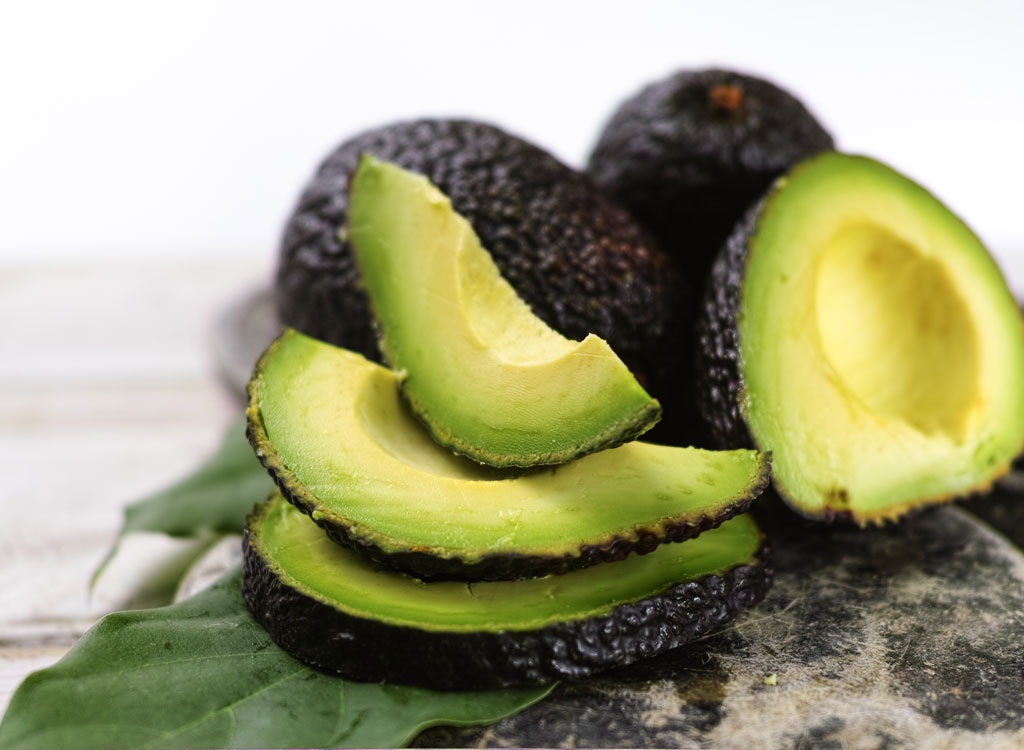
Perhaps the trendiest vegetable around, “avocado is not only a source of heart-healthy fats, but also a rich source of potassium,” Bannan says. Avocado is also known to reduce belly fat, lower bad cholesterol, and decrease the risk of diabetes, among other things.
“A 2008 study found that an increased level of potassium helped to decrease pain felt by patients with rheumatoid arthritis, and has the potential to be applied to further autoimmune conditions,” she says.
Cruciferous Vegetables
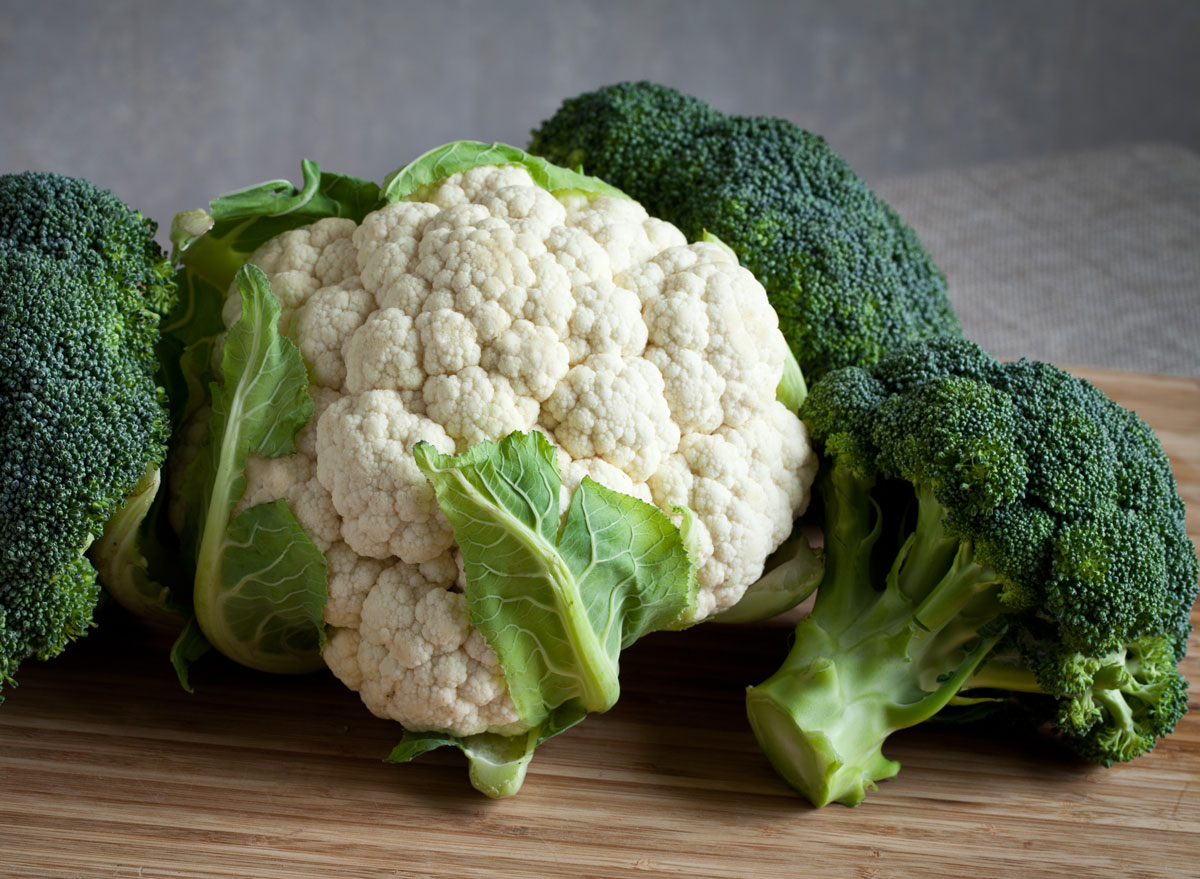
They may not be crowd favorites, but vegetables such as broccoli, cauliflower, Brussels sprouts, and cabbage, otherwise known as cruciferous vegetables, contain the antioxidant compound known as glutathione. “This compound has an important role in regulating immunity and can have an impact on the effects of an autoimmune disease,” Bannan says, referring to a 2009 study.
Blueberries

Sweet, sour, and juicy with every bite, nutrient-rich blueberries may have a role in benefiting those with autoimmune diseases, according to Bannan. A 2012 study discussed that blueberry supplementation could help benefit MS patients.
These are the worst foods to eat when following an autoimmune diet.
Nightshade Vegetables
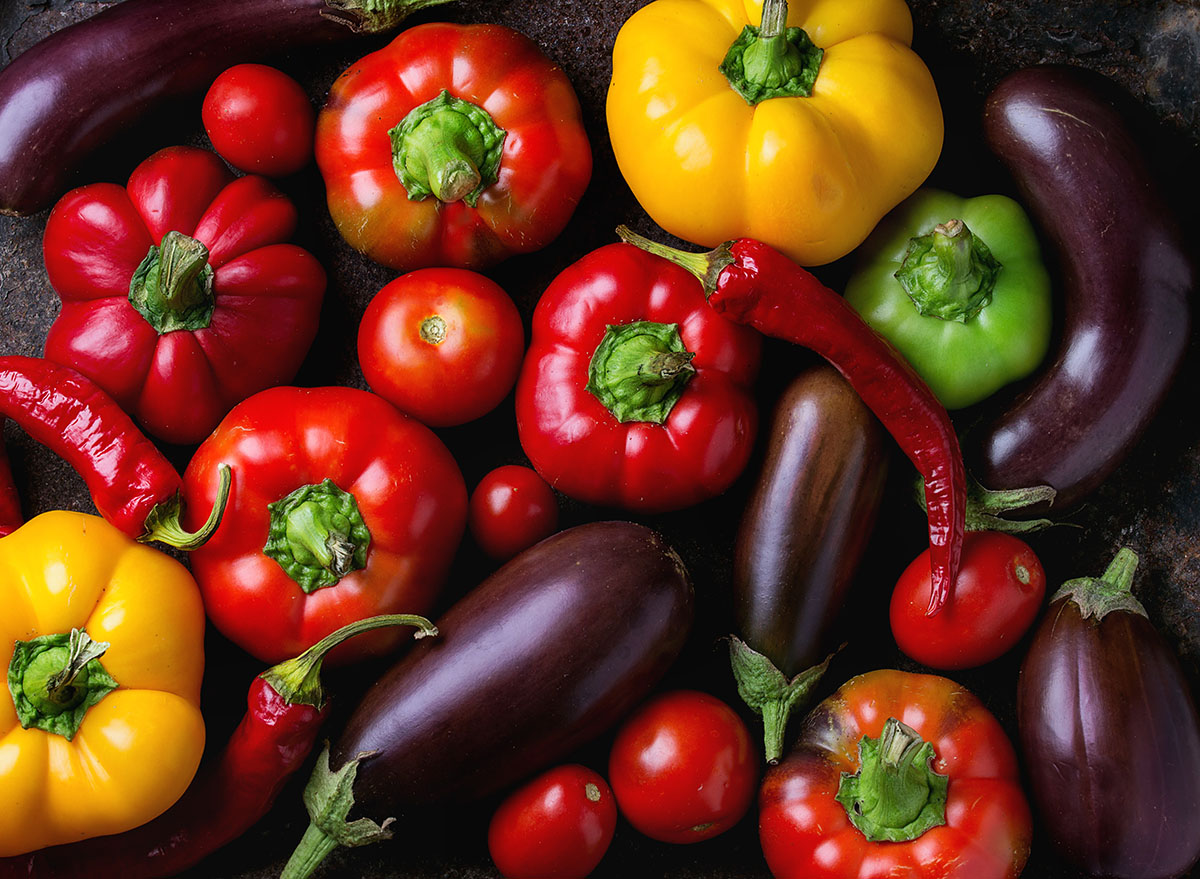
While vegetables like tomatoes, peppers, eggplant, and potatoes are very popular and oftentimes healthy options, these “nightshades,” as they are also called, contain a group of substances known as alkaloids. A 2010 study on mice with Inflammatory Bowel Disease (IBD) showed that the alkaloids in potato increased intestinal inflammation. “Those with autoimmune diseases may benefit from removing these from the diet, at least temporarily, due to their potential for aggravating or worsening symptoms,” Bannan says.
Dairy Products

If you have an autoimmune disease or are already sensitive to dairy, taking a break from dairy foods like milk, yogurt, cheese, or butter could be a good decision.
“Including dairy in the diet can aggravate an already sensitive digestive system and run the risk of lowering immunity,” Bannan says.
Eggs
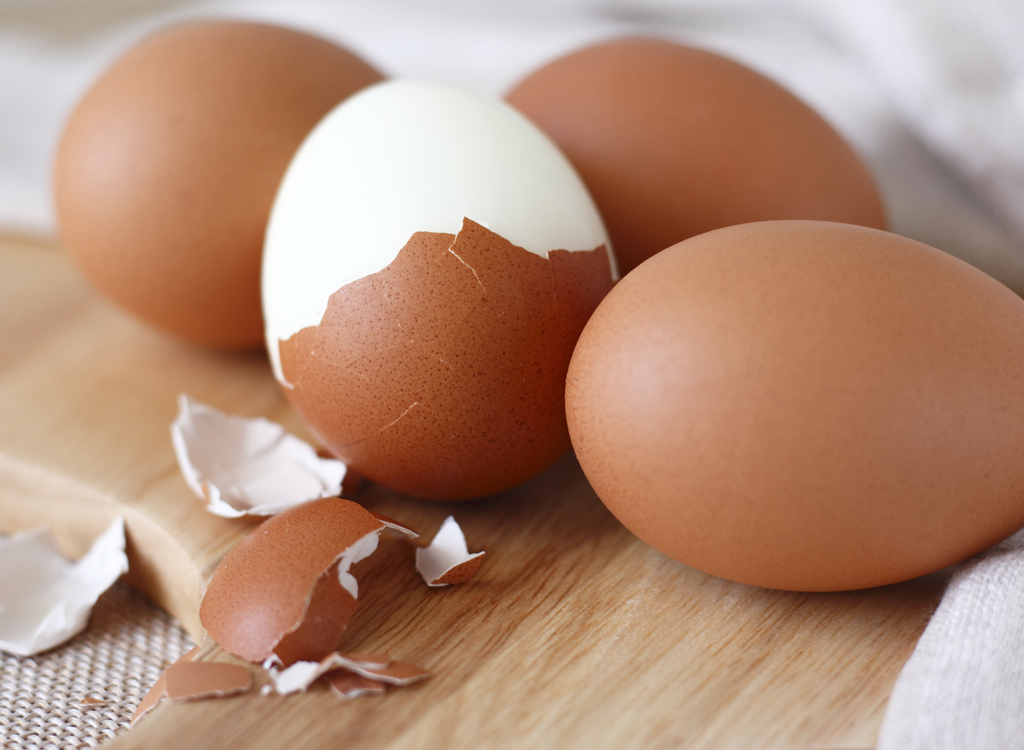
It could be smart to pass on an omelet or scrambled eggs if you have an autoimmune disease. A 2017 study showed eliminating eggs from your diet has the potential to improve symptoms of inflammatory bowel disease (IBD). “Much like dairy, if someone has a sensitivity to eggs, it can exacerbate autoimmune symptoms, or make them worse,” Bannan says.
Gluten-Containing Foods
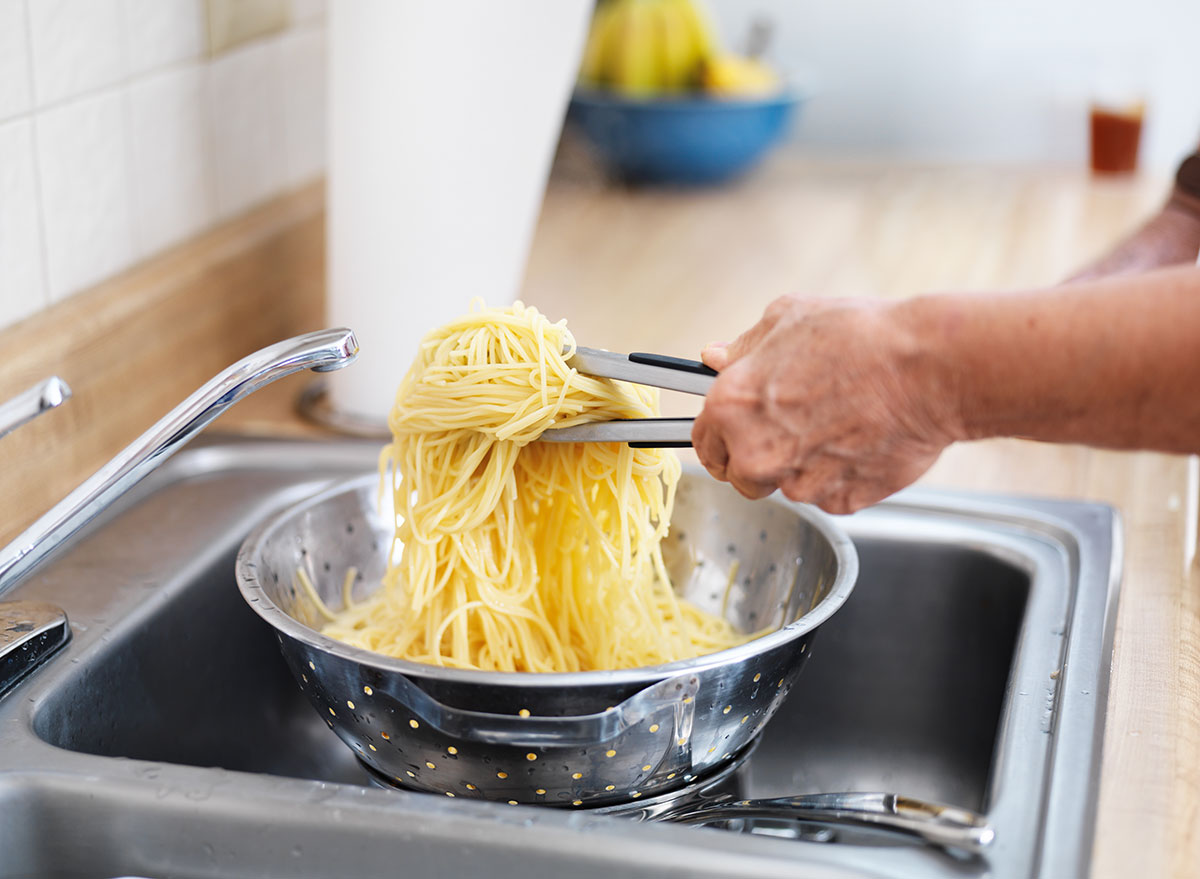
Avoiding gluten-containing items, such as bread, pasta, and beer, is especially important for those with celiac disease or sensitivity to gluten. “For celiac disease, gluten in the diet can suffer severe abdominal pain, diarrhea, skin rashes, and even nerve damage if left untreated,” Bannan says. “It is best to be tested for celiac disease, as well as other food intolerances such as egg or dairy with a doctor to determine if they should be removed from the diet or not.”
Sugary Foods
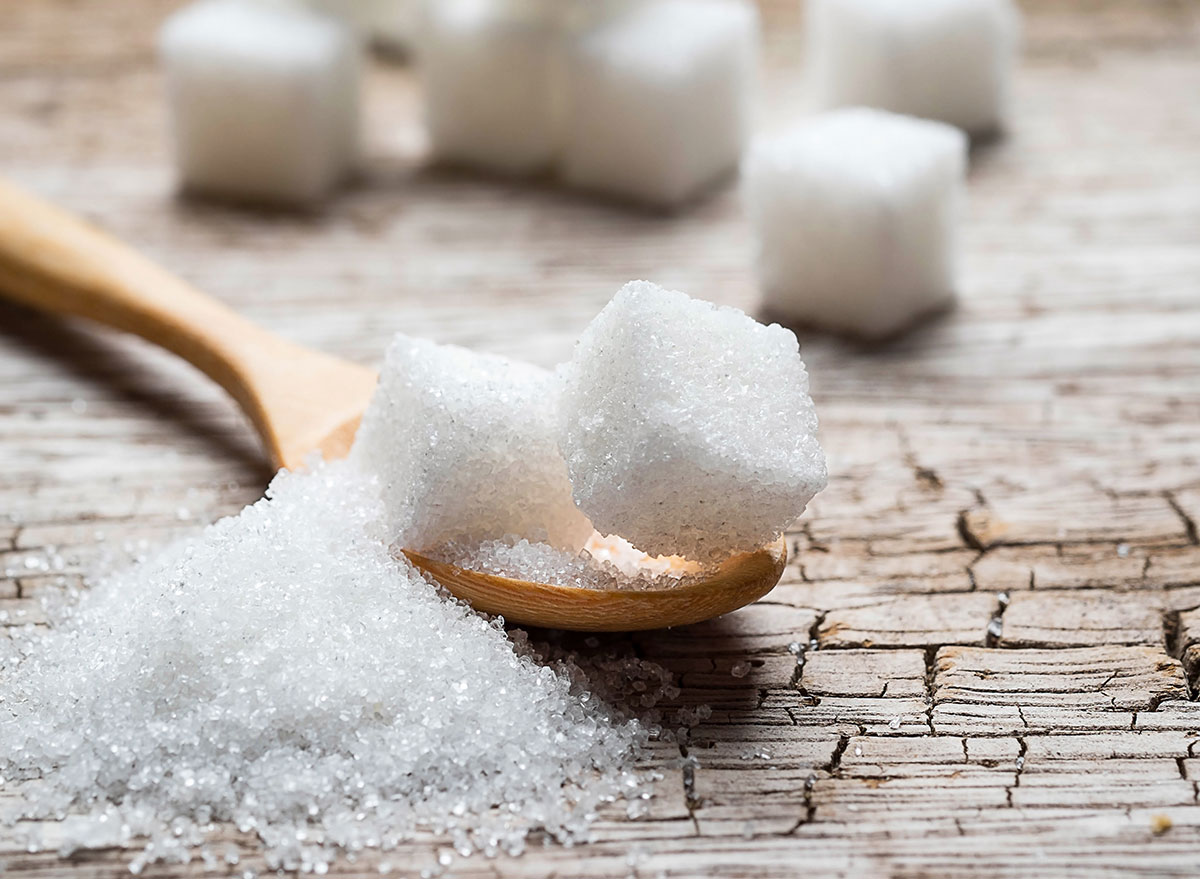
While it sounds tough to pass up a yummy dessert or surplus of fruit and juices, a 2019 study discovered that a diet high in sugar worsened autoimmune diseases like Crohn’s and MS in mice. “While we can’t directly apply the study to human results, it does show the potential role sugar plays in autoimmune disease management,” Bannan says.


